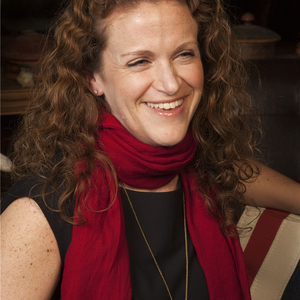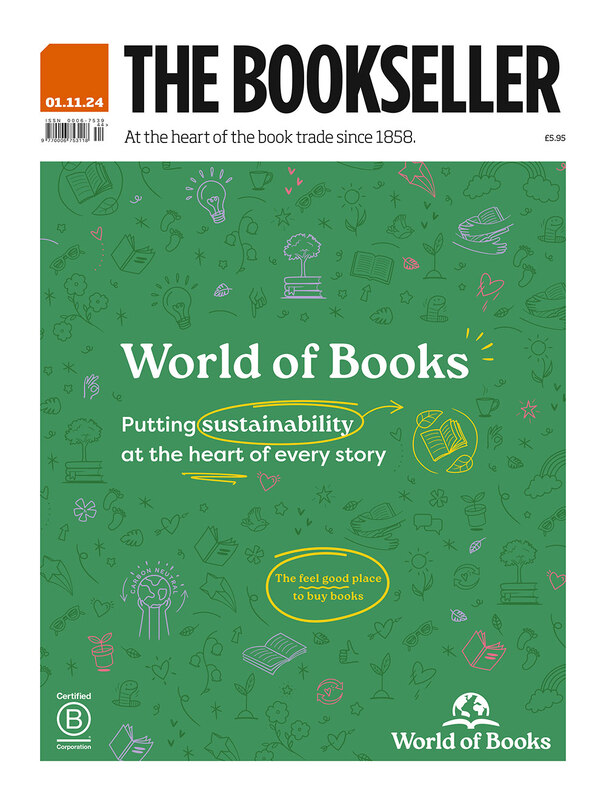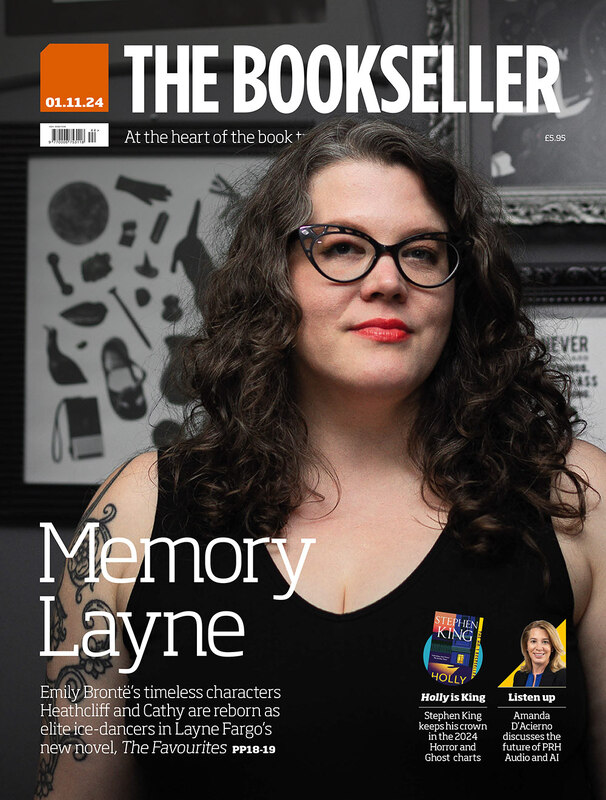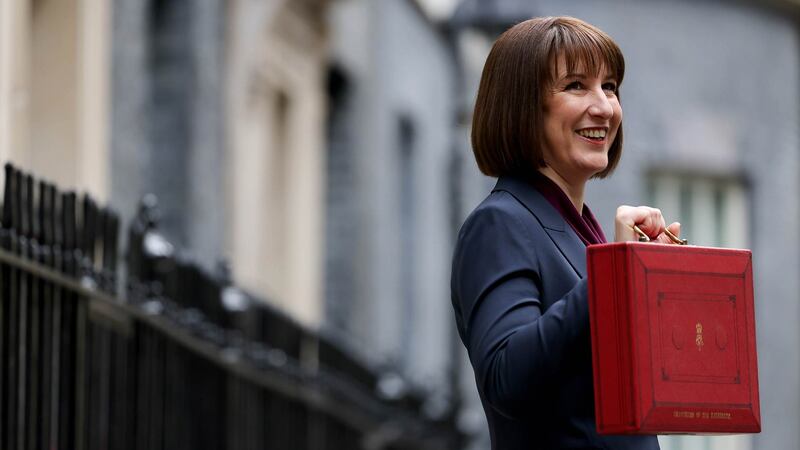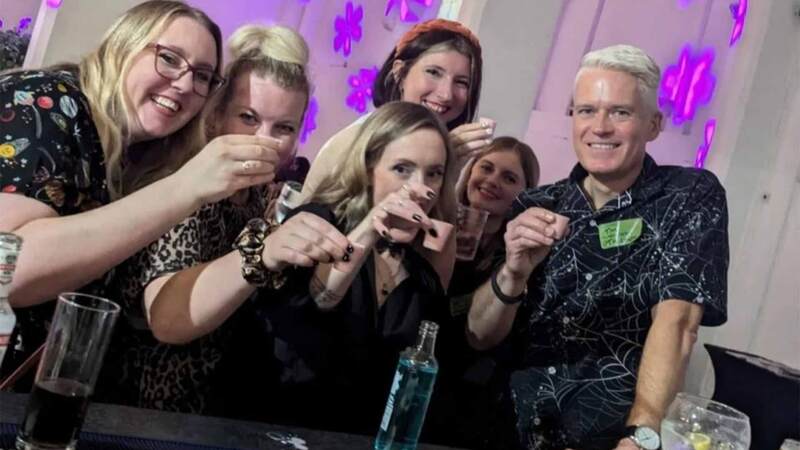You are viewing your 1 free article this month. Login to read more articles.
Low price at what cost?
With the cost of living spiking Amazon’s low pricing strategy is more appealing to readers, and more dangerous, than ever.
Almost two in three books are bought online in the UK today—and most often through Amazon. The Office for National Statistics recently reported that e-commerce levels are higher now than they were pre-pandemic. This isn’t because readers don’t want to buy from real bookshops. It’s because they want to buy books on the bus on the way home, from the comfort of their sofa on a Sunday night, or they are looking for a title they can’t find locally. They want the service to be convenient and fast–and, yes, good value.
Now inflation is at a 40-year high, and the number of households living in poverty is shamefully increasing. This cost of living crisis may present the greatest opportunity yet for Amazon’s share of the book market to grow. It continues to offer books, particularly new releases, at incredibly low prices (often at a lower price than an indie bookshop can buy that same book for their shop). This recent study shows that 43% of consumers abandon even an online purchase at the last moment to buy instead from Amazon – 66% percent of the time owing to price. Lower prices have to be a good thing for readers who are struggling to pay their gas and food bills, but we have to ask ourselves at what cost to us as a society and as an industry?
There are many well-rehearsed arguments for why Amazon’s practices are not contributing to a healthy society. These approaches and their impact are not limited to the book trade — from their employment practices to the waste they generate to the astonishingly low level of UK corporation tax they pay to their use of other revenue streams to fund difficult-to-match low prices. These are each infuriating in their own right. And, a growing number of people refuse to buy from Amazon, as a result, for ethical reasons. Beyond the moral indignation, we must also ask ourselves what this means to the industry strategically, and for society. A focus on low prices places smaller businesses at a distinct disadvantage. Despite a return to growth in the number of indie bookshops in the UK, we must not be complacent. What does this mean for how books get into the hands of readers? And for the very real people behind indie bookshops?
The future doesn’t just happen to us. It’s a result of all the small decisions we all make. A change to links costs the industry nothing
When I first joined Bookshop.org, a publishing executive was kind enough to spend some time with me, giving me feedback on what we were doing. In the course of that conversation, one of the most striking things he said was that Amazon doesn’t create demand for books. They simply take orders. The implication here is that we have allowed The Great Order Taker to become the place books are most often bought and have left the hard work of actually persuading readers to buy a particular book to publishers’ own advertising, reviewers, bloggers, Bookstagrammers, BookTokkers and indie bookshops. Independent bookshops are places where readers enjoy serendipity, benefit from a conversation with someone who has read the book, and tend to take a chance on titles beyond bestsellers. Indie bookshops can and do change the commercial course of a book simply by knowing their customers, reading the book and creating connections that only humans can. In contrast, readers arrive at Amazon, having already decided what to read (thanks to everyone else’s hard work), ready to type specific titles into a search bar. We must ask ourselves if the right work is being rewarded.
Beyond their strategic value to our industry, bookshops are placemakers. They invest in our communities and high streets, and provide good local employment opportunities. They often work tirelessly to do much more than sell books, working closely with schools, getting books into the hands of people who can’t afford them and/or who need them most. You need look no further than The Bookery’s inspired double win (of both Independent Bookshop of the Year and Children’s Bookshop of the Year) at the Nibbies for evidence of the unique and vital role indie bookshops play for us as an industry, but as importantly, for us as a society.
Make no mistake, Amazon are starting with an enormous set of advantages–incredibly deep pockets (which allow for the low prices), 99% brand awareness, over 15 million Prime customers in the UK alone, and millions and millions and millions of links.
Now, there’s not a huge amount we can do much about this, but there’s a great deal the industry can do easily about one big part of this – links. Those links are a powerful currency. Your powerful currency – links (paid and organic) from authors, publishers, book bloggers/reviewers/BookTokkers, and anyone talking about books online. These links could meaningfully change the path and the opportunity for indie bookshops. The very same indie bookshops we hope you visit during Independent Bookshop Week. The ones that are community stalwarts who champion the books that the algorithms miss (or sometimes entertainingly mis-categorise).
Thank you to everyone who has made my book a number one Amazon bestseller in Poker which it has nothing to do with pic.twitter.com/l8CMugP5oj
— Sam Knight (@samknightwrites) April 25, 2022
The future doesn’t just happen to us. It’s a result of all the small decisions we all make. A change to links costs the industry nothing. These links are generated day in and day out, and they do drive sales. So, this Independent Bookshop Week, we want everyone to go visit an indie bookshop, and then when you get back to your desks, pause and consider making a different decision. At minimum, add an indie link when you are sharing a book. Even better: make the switch to 100% indie links. It’s time we all treated independent bookshops less like a cute and cosy part of the industry and more like the strategic partners they are. We need to recognise and reward the crucial role they play well beyond taking orders–both for us as an industry and as a society.
